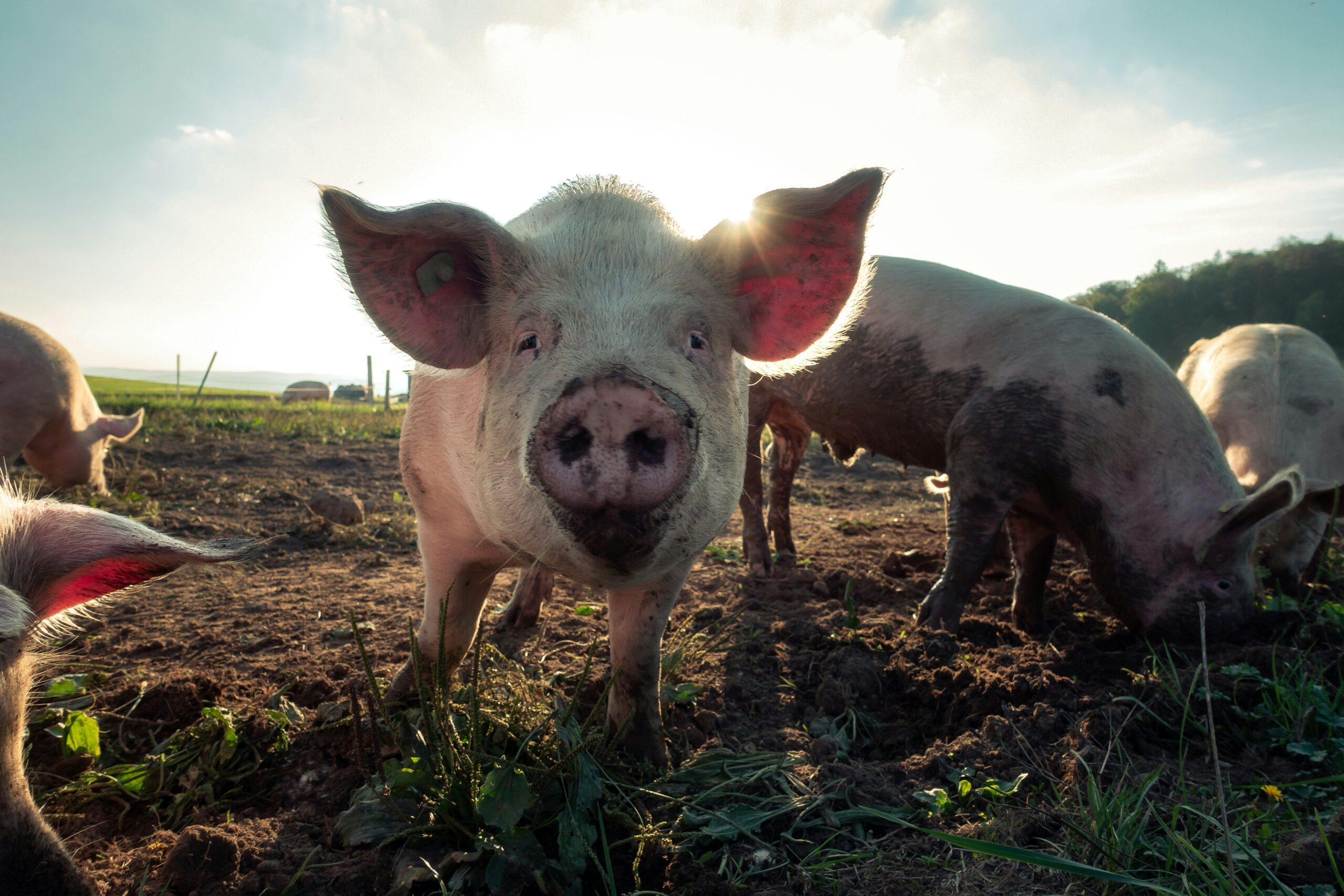
Main narratives:
- Anti-government sentiments;
- Better to have pragmatic relations with Russia.
Overview:
Pro-Kremlin commentators on social media have been discussing the recent expulsion of a Russian diplomat from Tallinn. They have portrayed the move as another example of Estonia’s hostile attitude towards Moscow. They criticised the Estonian government for taking what they described as an unnecessary and provocative step, which they said stood in sharp contrast to broader international trends where major world powers were seeking to re-establish pragmatic contact with Russia. They pointed to the meeting between US President Donald Trump and the Russian leader in Alaska in particular, presenting it as proof that Washington and Moscow are finding common ground despite tensions elsewhere. Pro-Kremlin propagandists have praised this meeting as a strategically wise decision, emphasising that when major powers act responsibly and engage in dialogue, it demonstrates leadership and commitment to global stability.
Last Tuesday, the results from a Spanish reference laboratory confirmed the presence of African swine fever at the Nurme farm in Viljandimaa, and therefore, 4,500+ pigs from the farm will indeed be culled. By mid-summer, the topic of swine fever had become a significant trigger both in the Estonian-speaking segment of Facebook and, to a lesser extent, among Russian-speaking users. The reason is that news about the spread of the disease coincided with broader discussions about the country’s financial and economic situation: the increase in value-added tax, demands to reduce the tax on food products, and so on. Activists from the marginal opposition party Plan B used the issue of African swine fever for their political purposes, supporting protest actions directly at the farm. The main narrative describing these events was reduced to familiar formulas about a “government detached from the real problems of the people,” “the incompetence of the authorities,” and similar themes.









